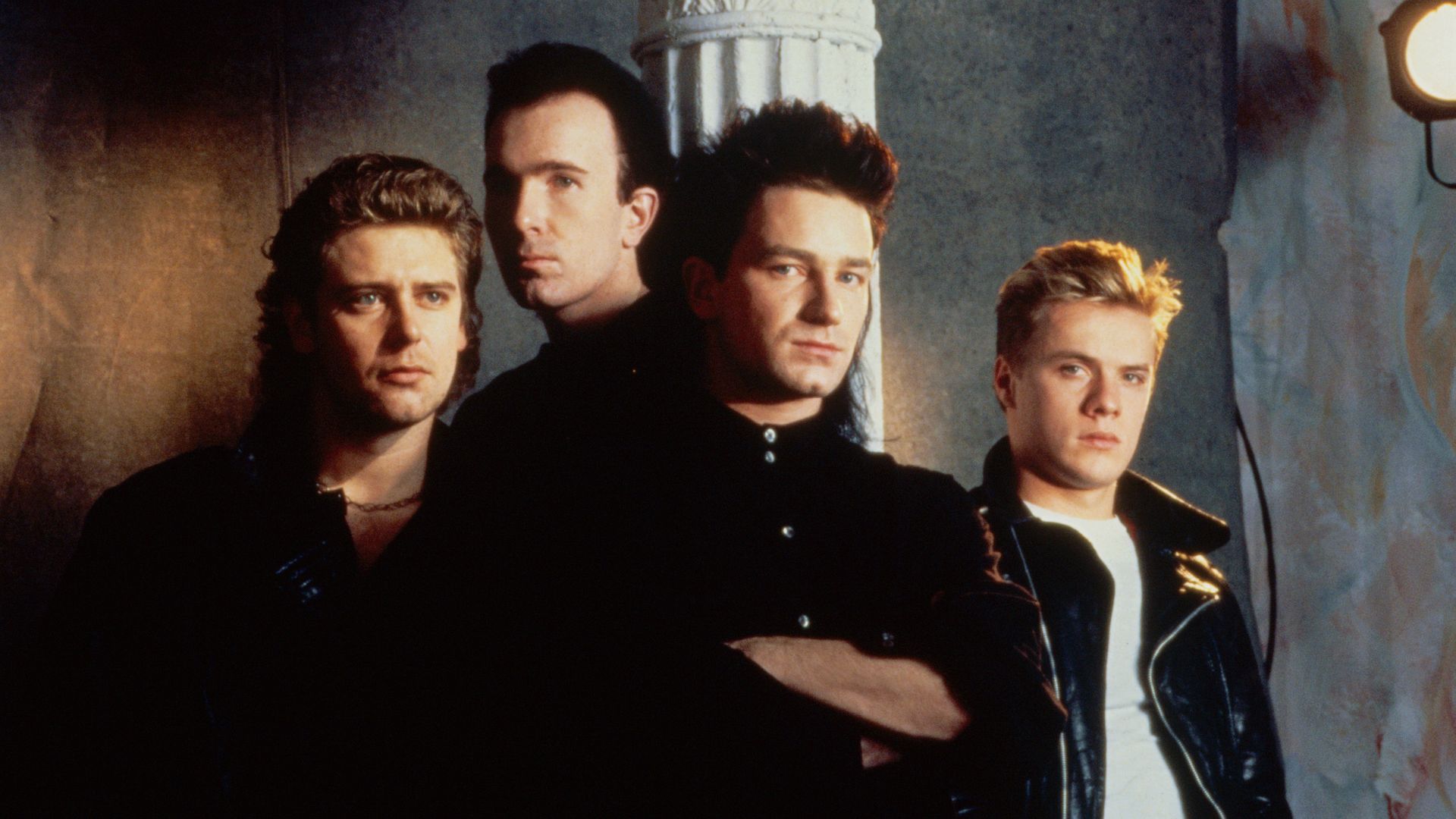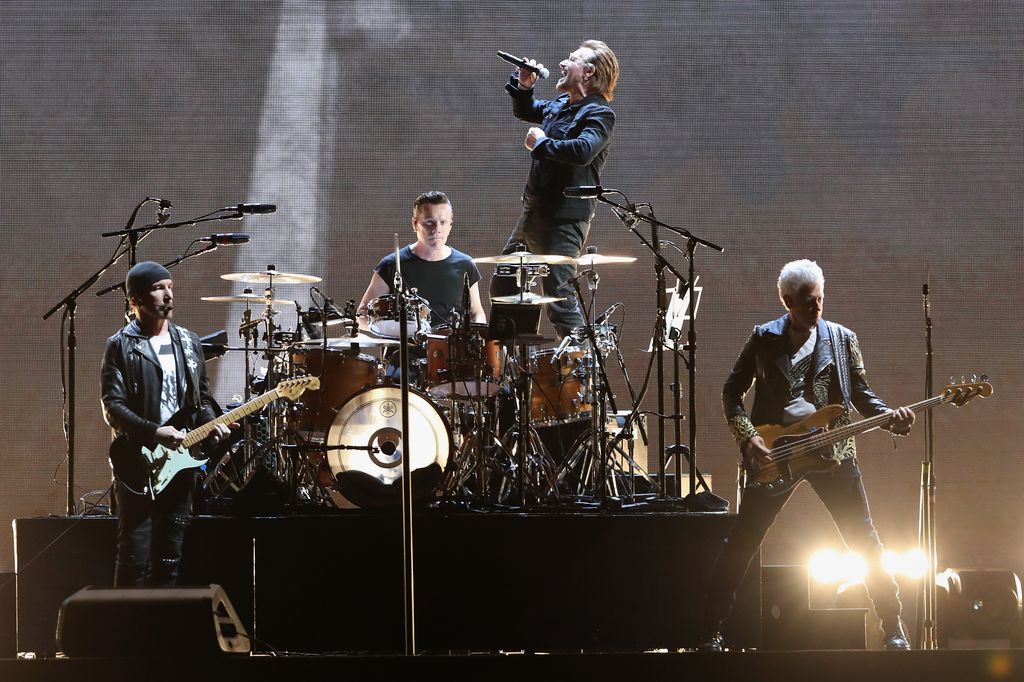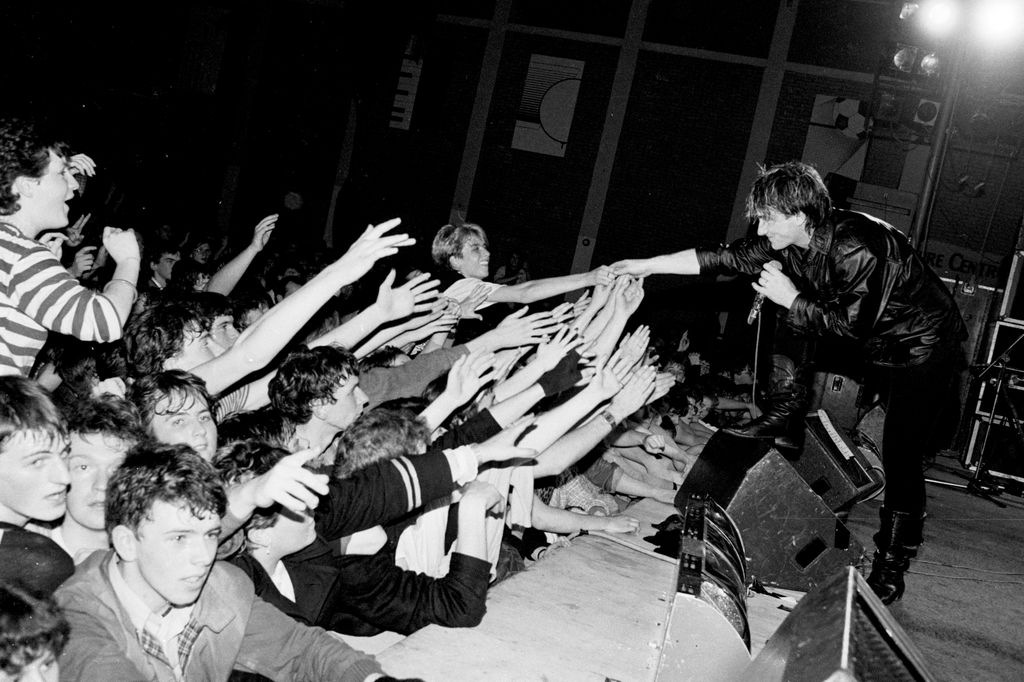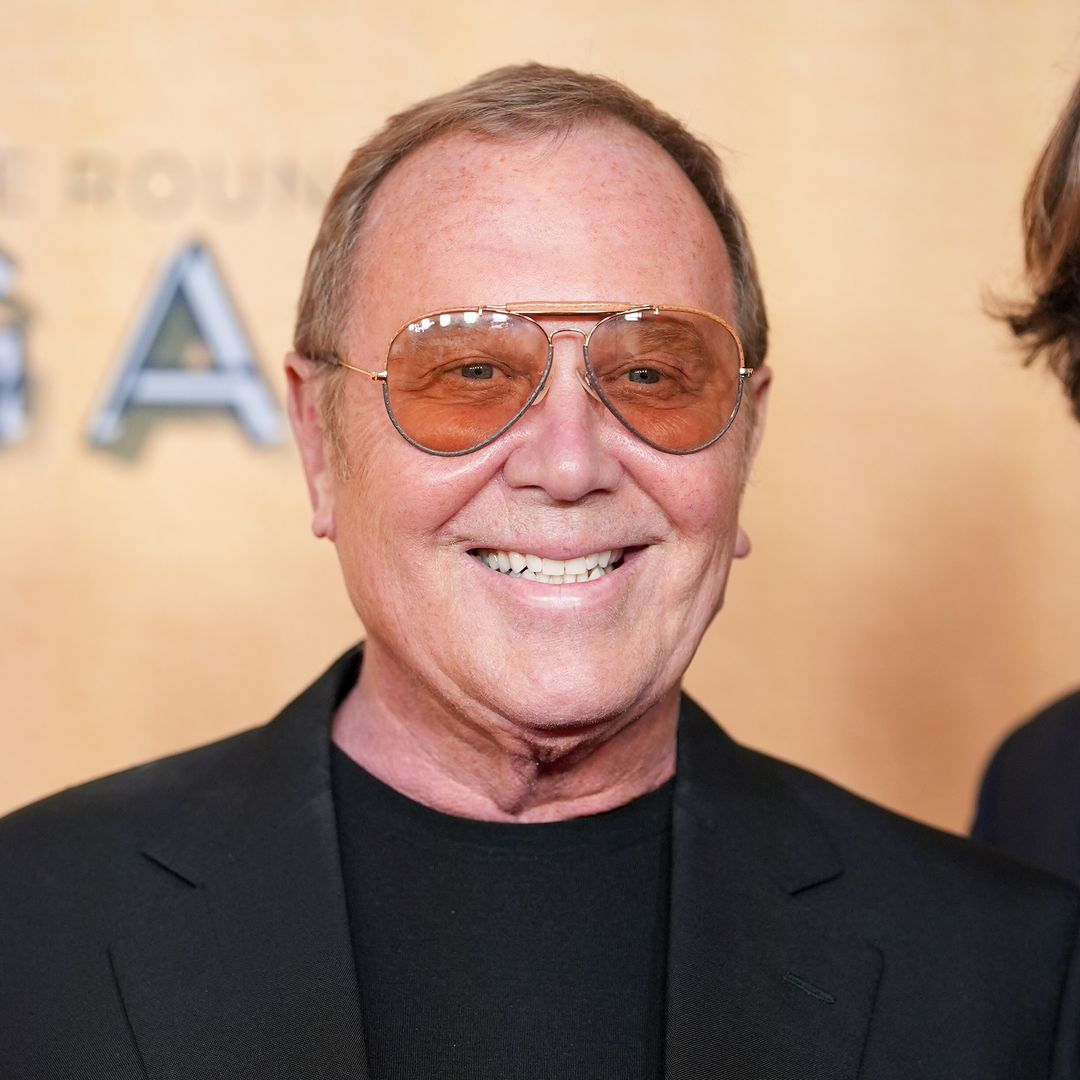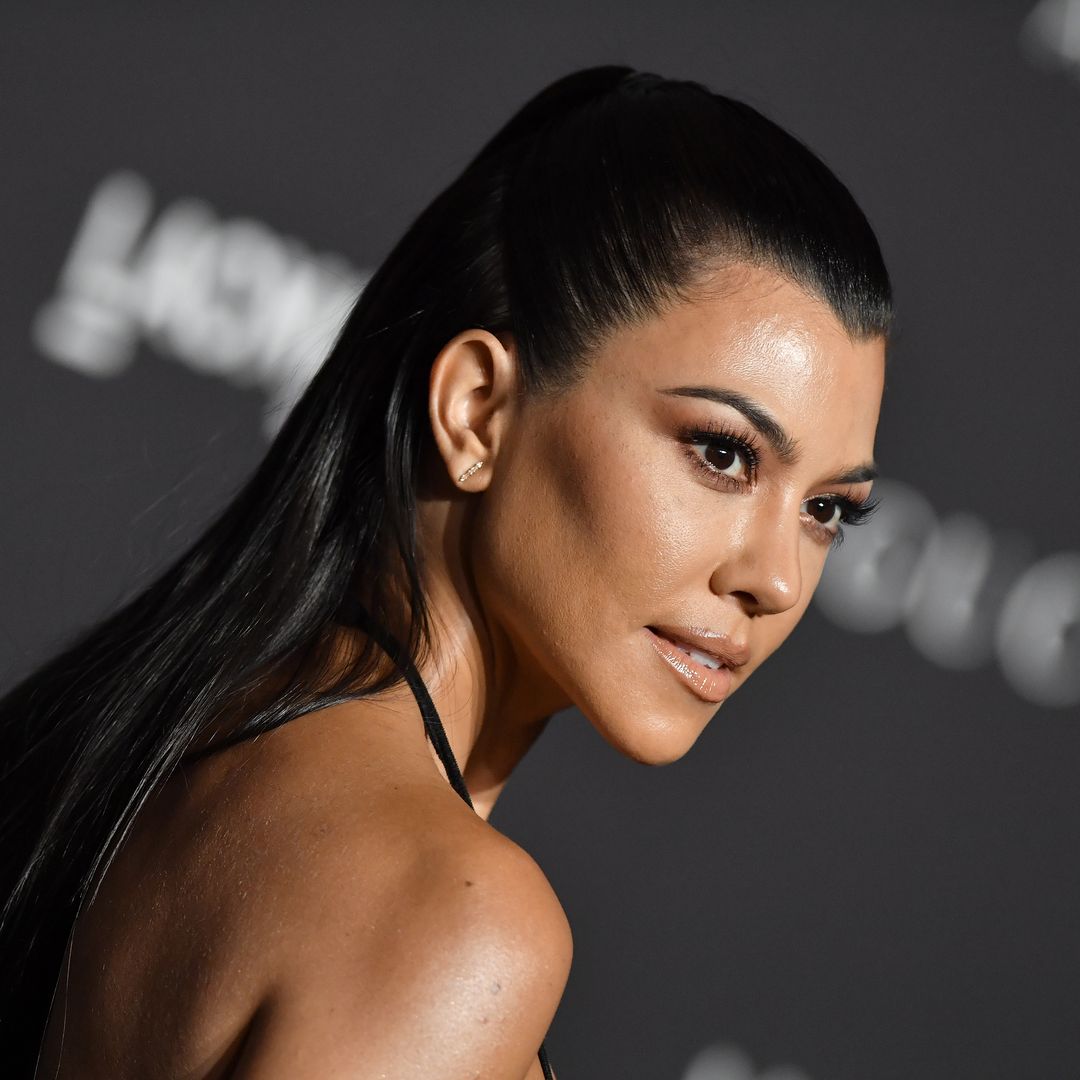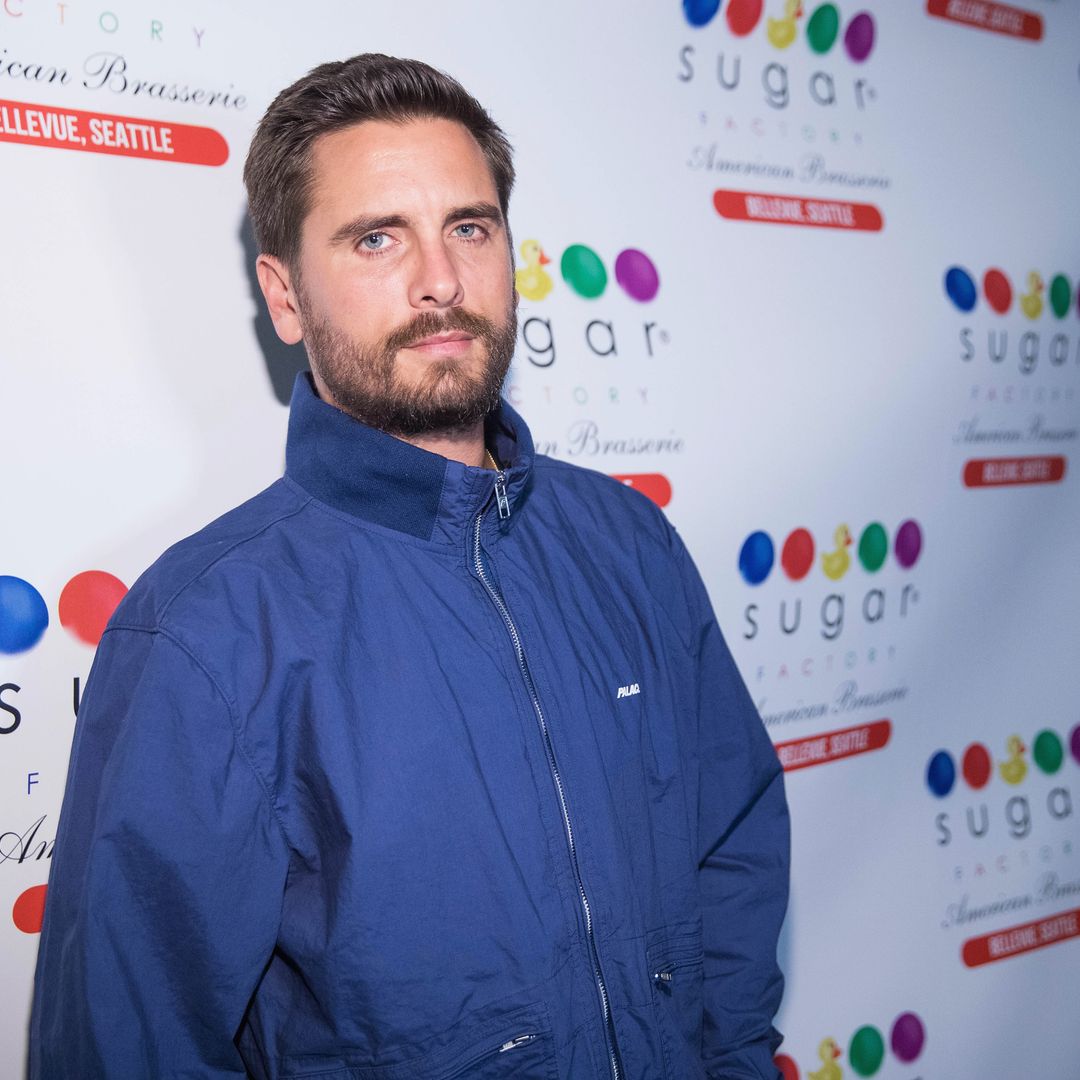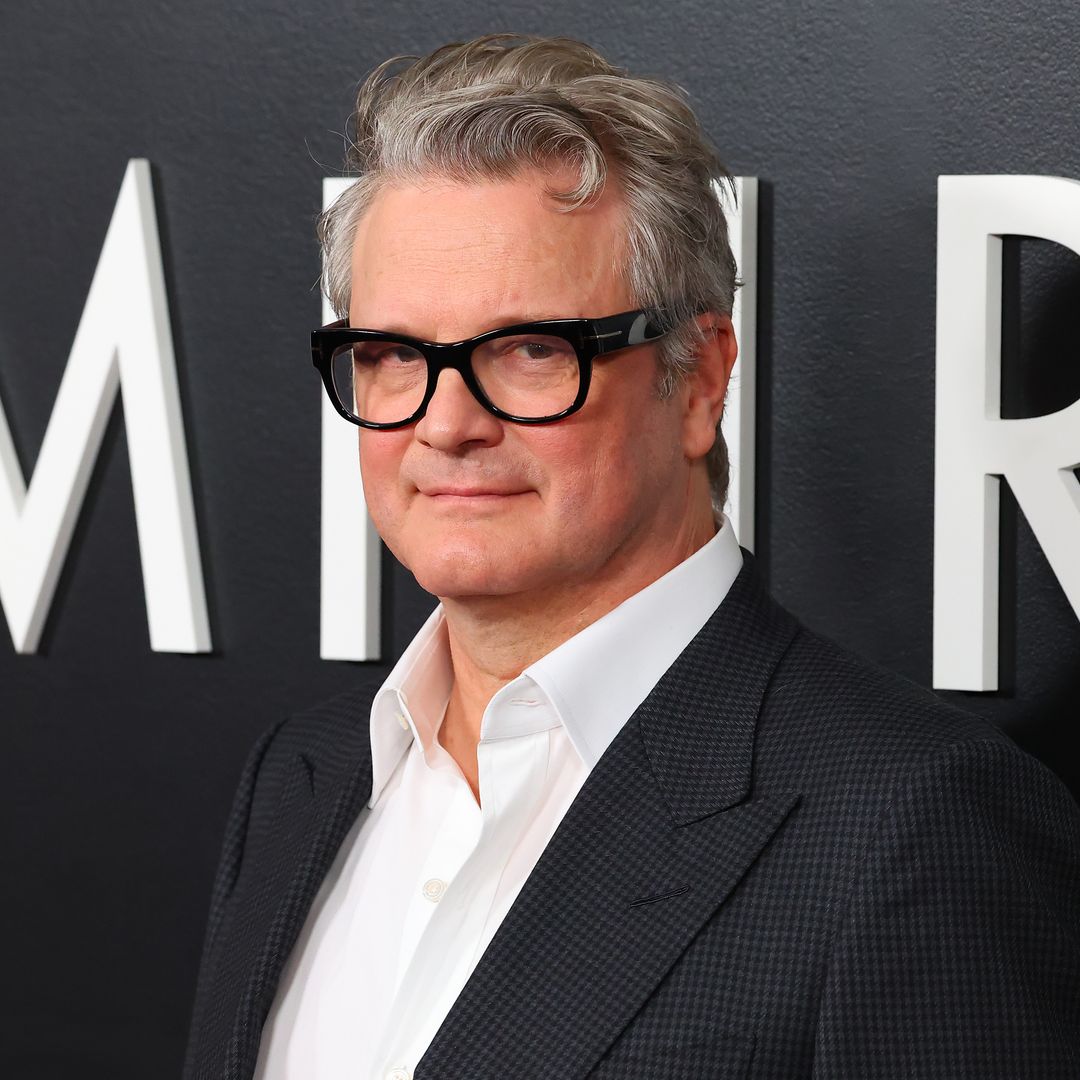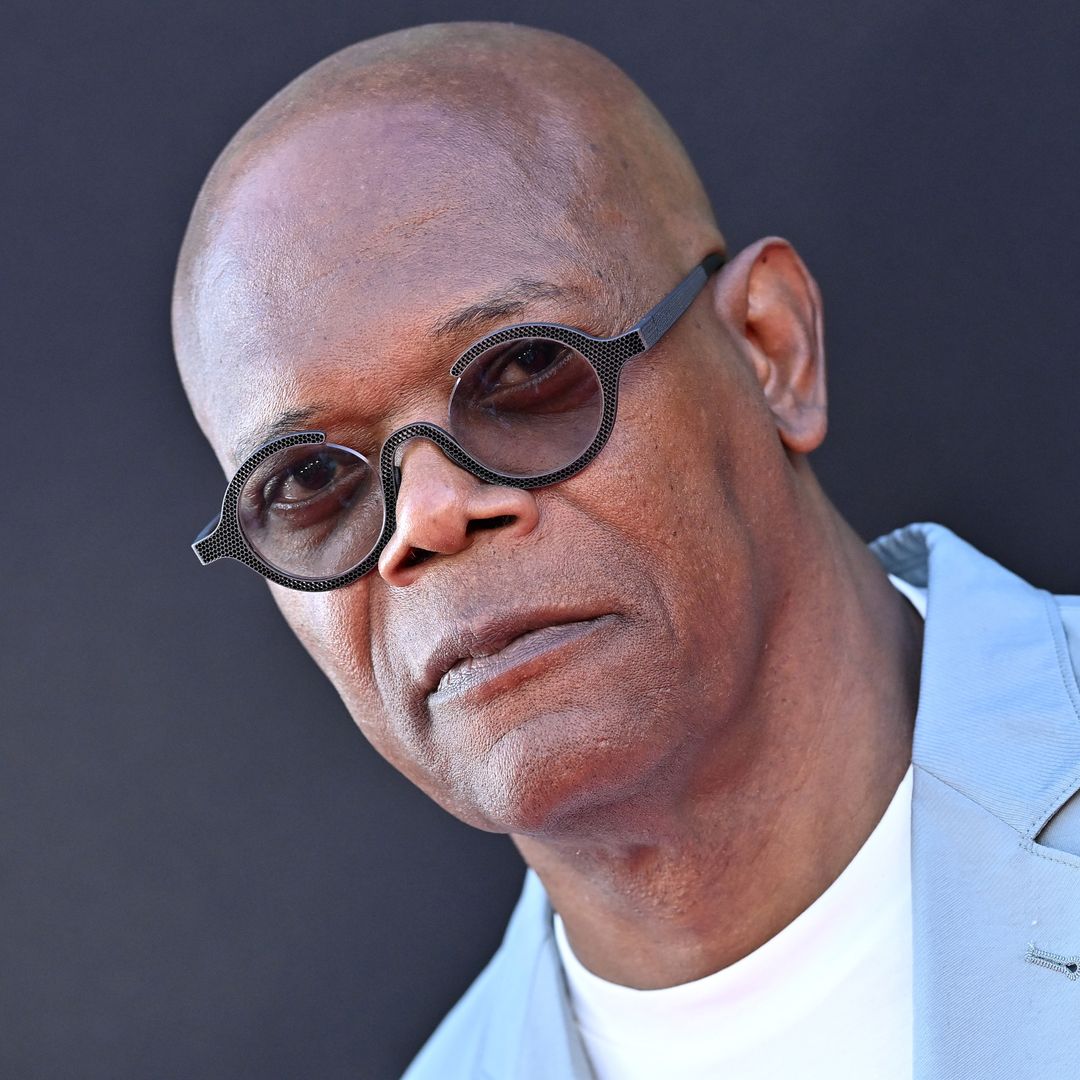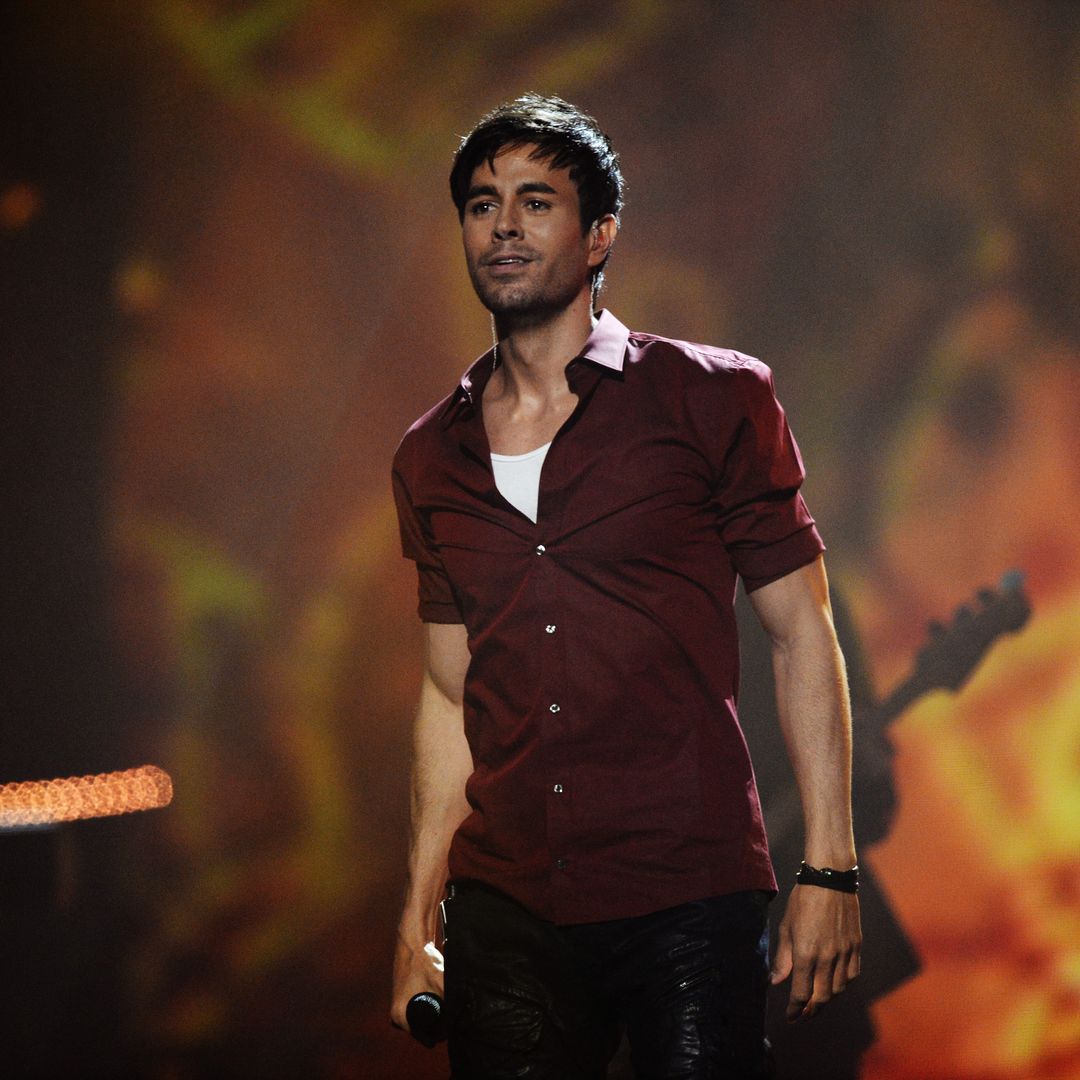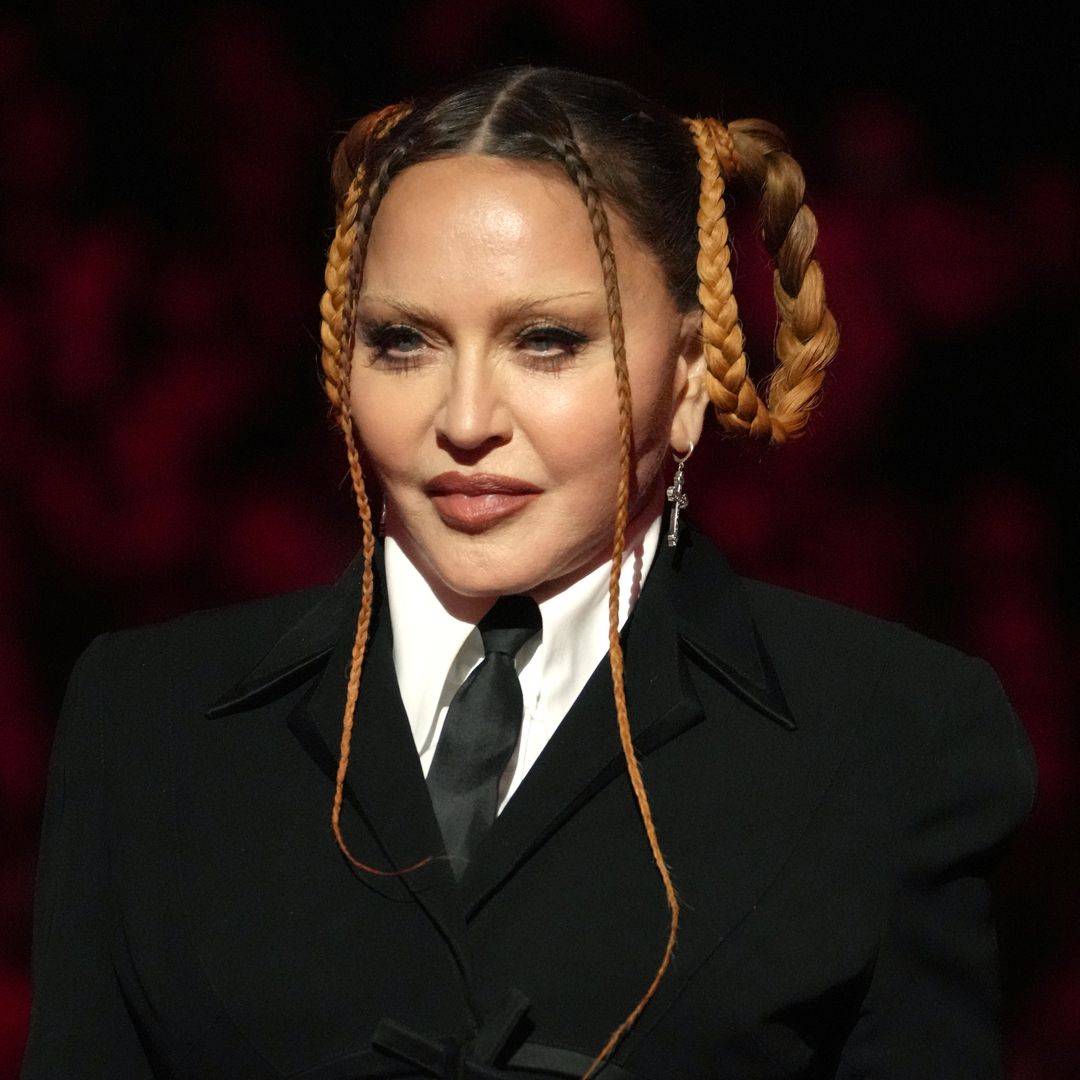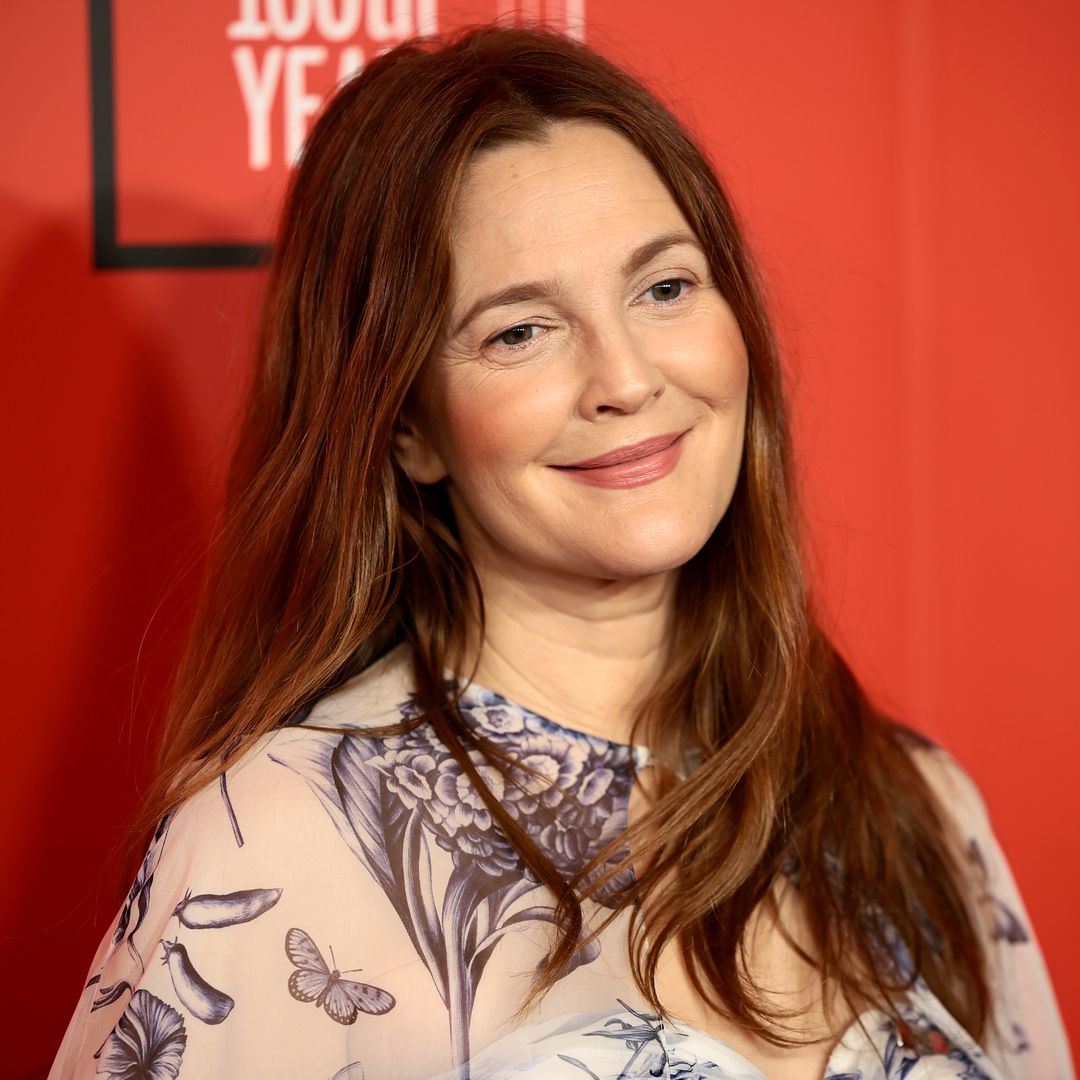Unlike fellow Irish talents such as Samuel Beckett and James Joyce, who decamped to pastures new after finding success, U2 have remained true to their Dublin roots. They have also survived more than 20 years together and remain close friends.
Career
"It would be hard to find four nicer people," says Niall Stokes, editor of Irish pop mag Hot Press. "They are intelligent guys with a strong curiosity and a hunger to make a positive impact on the world." In 1977, drummer Larry Mullen put up an ad at Mount Temple Comprehensive School seeking musicians and soon the elusive Bono (born Paul David Hewson on May 10, 1960) was warbling the Beach Boys's hit Good Vibrations alongside Larry, Adam Clayton, and The Edge (aka David Evans) in front of drunken university students. They initially came together under the name Feedback, later ditching the cover tunes and changing their name first to Hype and then, in 1978, to U2. After winning a talent contest in Limerick, the boys signed with CBS Records Ireland and a year later had a number-one single, Out Of Control, off their debut EP U2:3.
Although a second hit was already on the way, they were far from millionaires. Manager Paul McGuinness took on the boys and went into debt supporting the band before they scored a contract with Island Records in 1980. While their UK debut LP 11 O'Clock Tick Tock failed to strike a chord, the album Boy, released later in the same year thrust the band onto the international stage. A virtually uninterrupted string of hit albums followed, including the seminal War, the 1987 classic The Joshua Tree, and 1991's progressive Achtung Baby, which marked an evolution, sound-wise, for the band.
In the early Nineties, the group began to experiment with their sound, with decidedly mixed results. Following the ground-breaking ZooTV tour and 1993's electronic-influenced Zooropa, U2 embarked on a promotional tour for their next album, entitled simply, Pop. The 1997 PopMart tour was tinged with irony, as the boys held the opening press conference in a branch of the American discount retailer K-Mart and performed the worldwide gigs under McDonald's golden arches. But though fans continued to gobble up tickets, the group knew they'd strayed too far. "We got into Washington DC before all our equipment arrived and rehearsed with just guitar, bass, and drums none of the loops or samples that we had been attaching to the songs," remembers Bono. "London producer and U2 collaborator Howie B came in during the middle of the rehearsal and said, 'Wow, what a sound. What is this?'. We told him it was us, it was what U2 sounds like. I think that's when we realised that it was time for us to get back to the essence of what we do."
The result was 2000's All That You Can't Leave Behind and a return to the style that has sold millions and inspired generations.U2's influence reaches far beyond music. The band has dedicated itself to a string of charities including Amnesty International and NetAid, and they've been a political lightning rod since War, which featured the anthem New Year's Day, a nod to the Polish solidarity movement.
